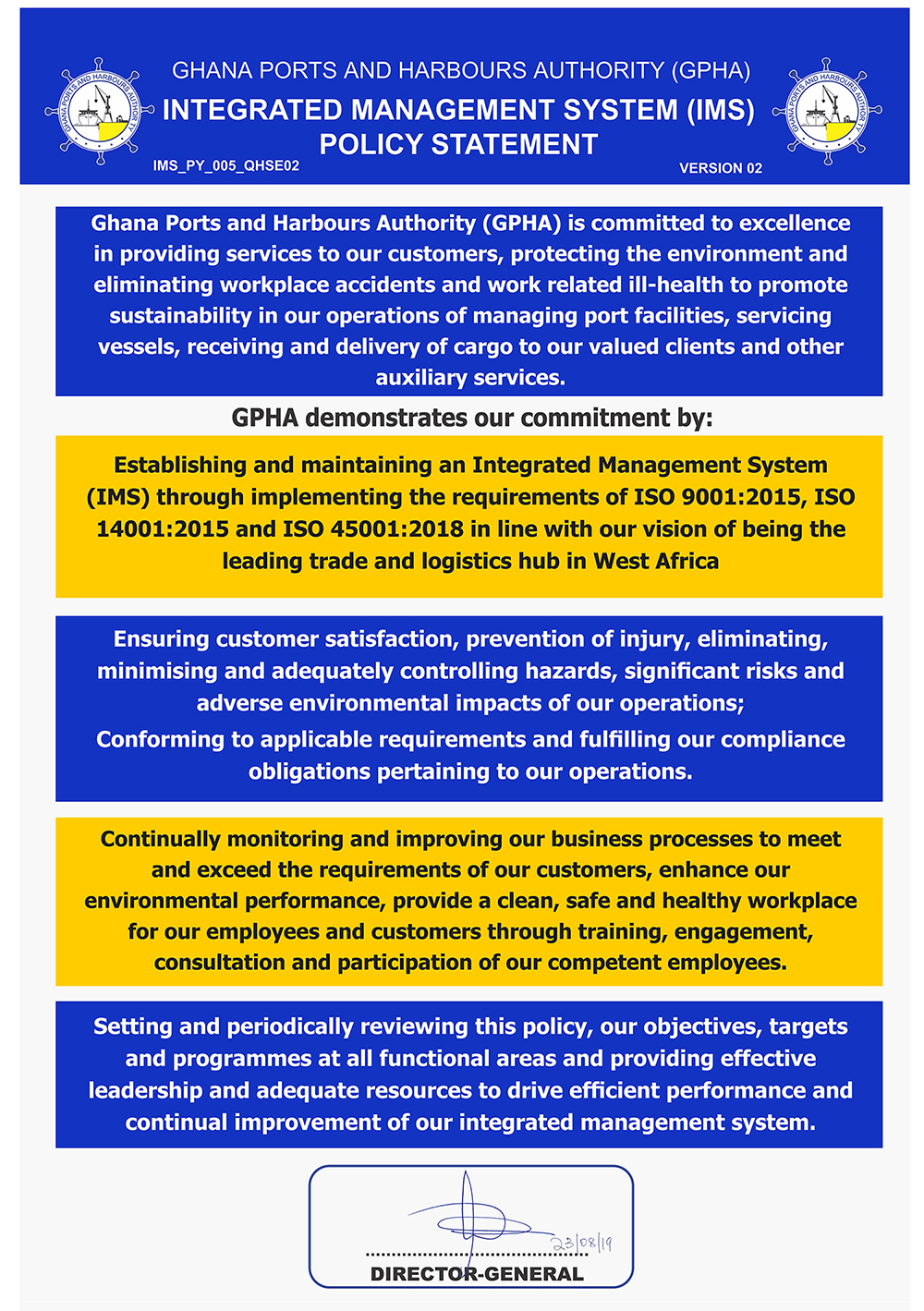

Experts have called on government to strengthen the involvement of the private sector regarding deliberations leading to formulation of Trade policies beyond the year 2020.
Speaking on Eye on Port, Ziad Hamoui, the National President of the Borderless Alliance said a strengthened public-private partnership in the introduction of trade and port reforms is the way to go, especially as Ghana’s government intends to ride on the back of a vibrant private sector in its industrialization agenda.
“Prior consultation is pre-requisite not just for the policy making itself, but also for policy implementation. If you want the people who are users of the policy to buy into the policy, they need to have a view of it before you decide to wake up one day and roll it out,” he asserted.
He explained that a more inclusive approach in arriving at Trade policies will help government to have a richer perspective on the practical needs of industry.
“We can’t expect a policy maker who is sitting in a building somewhere in Accra to understand what is going on at the Paga border post for example. You need someone who is on the ground who can relay the concerns of private sector representatives, civil society, the normal average consumers, and the marginalized groups.”
Ziad Hamoui, who is also the Co-Chair to the African Regional Food Trade Coalition, implored government agencies to step up in their attitudes towards participation in working groups such as the National Trade Facilitation Committee.
Contributing on the program, the Immediate past president of the Ghana Institute of Freight Forwarders, Kwabena Ofosu Appiah, called for a defined governance structure, with representation from various levels of the value chain to be involved in deliberations leading to formulation of policies that impact international trading.
“The governance structure is that creation that must be able to properly moderate policy and expectation, so that we would have policy affected by people who are on the ground. We need that! And it is not only made up of high level operatives or those who must ensure that revenue comes into the coffers of state, or the regulators, but all folks who operate within the value chain,” he stated.
He said the lack of such governance structure leads to the inability to sustain policies that hitherto could have yielded significant results for the trading community.
The Past President of GIFF opined that it is only when there is a structured overseeing institution to ensure that policies introduced are aligned with the needs of the trading public and the Trade Facilitation Agreements made with the World Trade Organisation that such policies can be impactful.
Taking his turn on the subject, the President of the Ghana Union of Traders Association, Dr. Joseph Obeng, emphasized that the enduring concern of the trading public is for systems to work so that trading is efficient.
He said the expectation of the trading public is for new policy interventions to plug inefficiencies of existing systems, and bring relief to traders, but that is not always the case.
“It is not my expectation that having touted systems, they are introduced and they bring transitional issues and at the end of the day traders face the consequences of the inefficiencies,” he expressed.
Dr. Obeng said the law to ban the importation of salvaged vehicles, which has been suspended, like other policies should, in consultation with the trading public, be introduced in a phased approach, so that in reflect the economic desires of the people.
“Whatever government is doing, it is doing it for the people so, if you bring such a policy and the larger majority of the people are not happy with it, then you have to withdraw and assess why. If you are talking about new cars being assembled here, then the locals should not be surcharged. But if we think it is a good policy, then we have to go slowly,” he said.